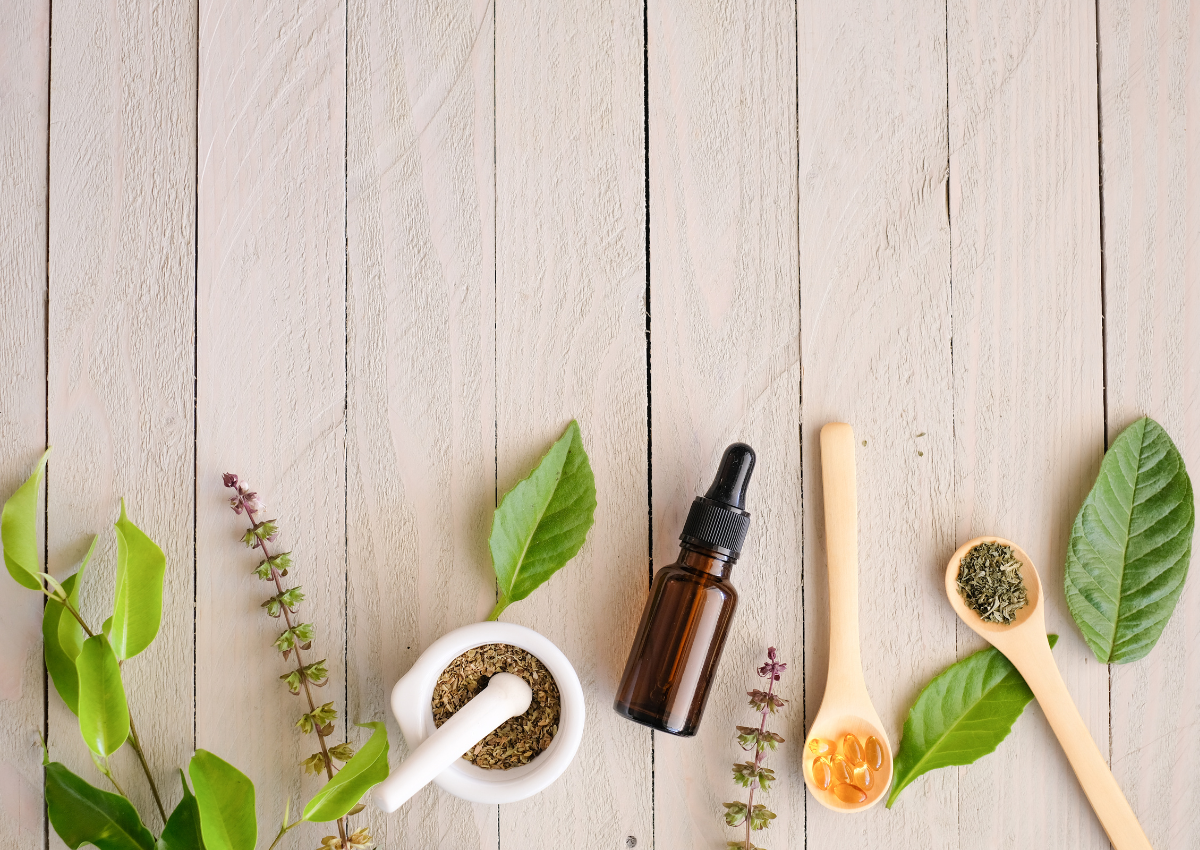
The word “natural” on a product label does not always mean it is organic.
As unusual as it may seem, in 2019 there is still no official definition of what is considered natural cosmetics and organic cosmetics in any country in the world, according to official data from the Ministry of Agriculture, Food and Environment of Spain. Thanks to the advancement of the organic food sector, several private entities have taken its model as a reference to begin defining standards and commitments on which to establish guidelines to define what is a natural cosmetic and what is an organic cosmetic.
 Real principles of natural cosmetics
Real principles of natural cosmetics
Currently there are different standards with variants but practically all of them agree on the following principles:
- 90% of the ingredients must be natural or of natural origin ; at least 90%.
- Chemical compounds for which there are doubts about their safety for the environment or for consumer health should not be included.
- The transformation and production processes must be respectful of the environment .
- Ingredients of animal origin are allowed as long as they are not derived from amputated or sacrificed animals specifically for the production of the cosmetic/hygiene product. If a cosmetic contains, for example, honey, it is a natural cosmetic but we cannot label it as vegan cosmetics because it contains an ingredient of animal origin.
- They should not be tested on animals : neither the final product nor any of the ingredients contained in the cosmetic. Directive 2015/13/EC
- Ingredients or manufacturing processes that involve the use of controversial technologies such as genetically modified organisms (GMOs), nanotechnology or irradiation are not permitted.
- It is very common to use eco-responsible, recycled and/or recyclable packaging .
We can affirm that these 7 points/guidelines are principles that a cosmetic/hygiene product must include for it to be considered “truly natural.”
Main differences between organic cosmetics and natural cosmetics
- In many cases, water is usually the main ingredient of a cosmetic product (except in “ waterless ” cosmetics). On the other hand, most of the active materials are derived from plants and animals. Ingredients of animal and plant origin can be certified as organic if they comply with EC Regulation 834/2007 .
If a cosmetic contains a minimum percentage (around 95%) of certified organic ingredients of plant and/or animal origin, it is considered “organic cosmetics”. If this requirement is not met, we are talking about “natural cosmetics.”
- There are also natural cosmetics that contain a percentage of organic ingredients of less than 95%.
In that case, the manufacturer can indicate what percentage of organic ingredients the product contains.
“What is “natural” about a product with 10 different ingredients that pose a health risk? Some companies market these products as “superior” referring to “natural” properties and “doctor recommended” – Ministry of Agriculture, Food and Environment
Source: Econatural Cosmetics Guide for professionals.



Leave a comment
This site is protected by hCaptcha and the hCaptcha Privacy Policy and Terms of Service apply.